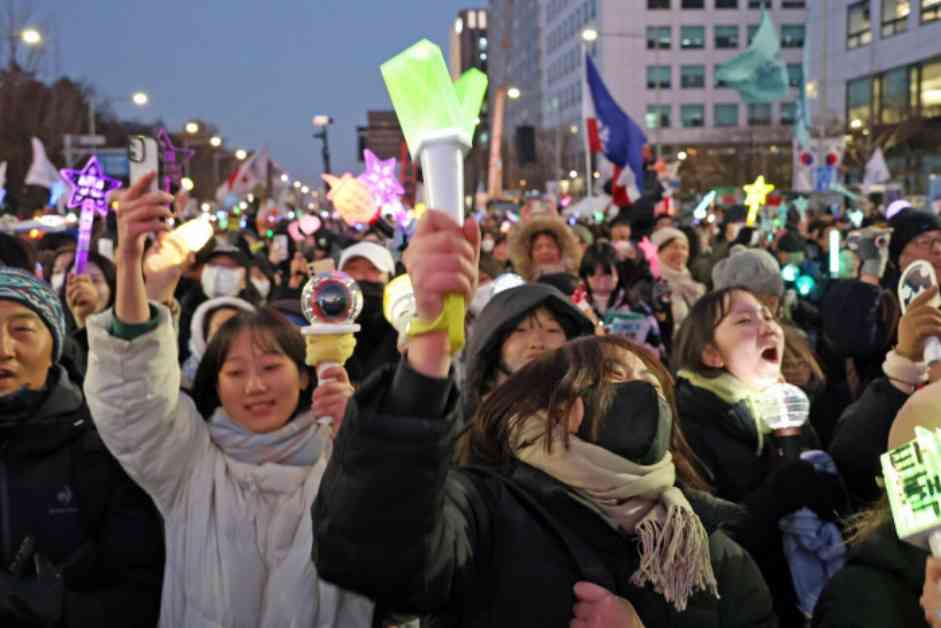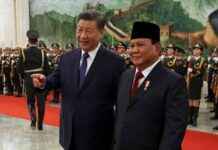President Yoon Suk Yeol of South Korea has been ousted from office after a tumultuous few weeks that saw the country gripped by protests, political turmoil, and ultimately, a swift impeachment. The speed at which events unfolded left the world stunned and offered a glimpse into the unique cultural phenomenon known as Korea’s ‘Hurry Hurry’ culture.
The drama began with Yoon’s abrupt declaration of martial law on December 3, sparking immediate outrage and prompting thousands of protesters to flood the streets of Seoul. Lawmakers scrambled to block the decree, even resorting to climbing over the fence of the legislature in their frantic efforts to thwart Yoon’s power grab. Just days later, an impeachment attempt against the president narrowly failed, further fueling the flames of dissent.
In a dramatic turn of events, officials regrouped over the following weekend, successfully ousting Yoon from office. The scenes that unfolded on the streets of Seoul were nothing short of jubilant, with demonstrators celebrating the president’s removal with cheers and balloons released into the air.
The speed and intensity of these events may seem bewildering to those outside of South Korea, but they are deeply rooted in the country’s ethos of ‘Hurry Hurry’. This cultural mindset, encapsulated by the Korean term ‘palipali’, emphasizes efficiency, quick decision-making, and a proactive approach to problem-solving. It has propelled South Korea to great heights on the global stage, enabling the nation to excel in business, politics, and popular culture.
However, the ‘Hurry Hurry’ culture is not without its drawbacks. Critics point to the excesses and dramatic confrontations that often characterize South Korean politics, with leaders facing impeachment or imprisonment at an alarming rate. Yoon’s decision to declare martial law in a matter of minutes exemplifies this tendency towards swift and decisive action, for better or for worse.
As South Korea navigates the aftermath of Yoon’s impeachment, the nation’s resilience and unity have shone through. Despite economic uncertainty and political volatility, many Koreans are hopeful for a brighter future, buoyed by a shared sense of purpose and a determination to forge ahead.
The coming months will bring fresh challenges and opportunities for South Korea, but one thing remains clear: the country’s ‘Hurry Hurry’ culture, with all its complexities and contradictions, is an integral part of its identity and a driving force behind its remarkable transformation on the world stage.




















